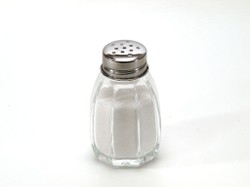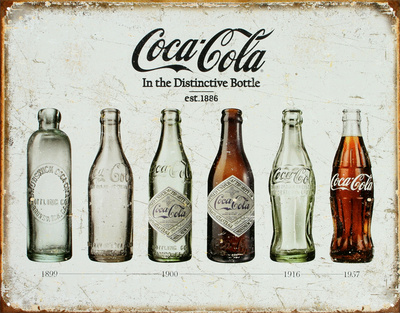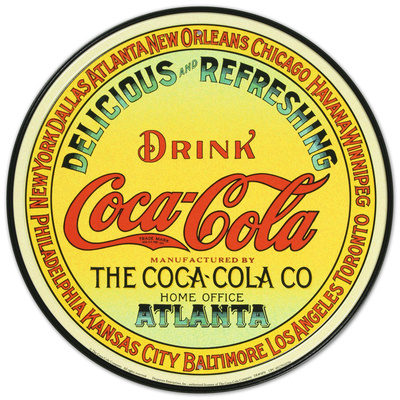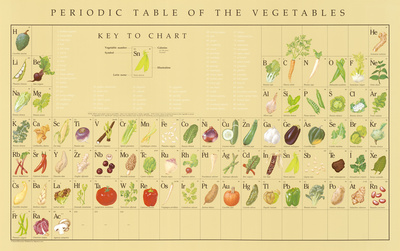Do you like a dash of salt in your food? Do you cook with liberal amounts of salt in order to bring out the perfect flavor in your recipes? Is food not tasty to you without gobs of salt? If you answered yes to any of those questions, you may be putting yourself in grave danger – more than you ever thought – deadly danger, in fact.
According to new research conducted by scientists at Tufts University (2014), 1.65 million people die each year worldwide because of their high intake of salt.

Is Salt Deadly? Yes, Say Scientists
Salt causes more than 1.65 million deaths a year, a new study suggests. What can you do to lower your intake.
While up to now the perils of salt consumption was fairly well known, the new study takes a giant leap forward with their estimate of the death via cardiovascular disease they attribute to too much salt in our diets.
187 Countries Studied
The research was a huge study, studying data from 187 countries – that’s about three-quarters of the entire human population on Earth. Even more surprising was how much salt we consume. The World Health Organization (WHO) recommends no more than 2,000 milligrams of salt per day for the average person. Yet, the study showed we eat almost twice as much as that on average. In fact, there was not a single country whose population consumed 2,000 mg per day – all ate more and in some countries much more. Even worse, the countries where populations consumed less salt were those where food is often lacking and nutrition is sub-standard. Where food is more plentiful and nutrition is less of a problem, like in the U.S., salt consumption is 80 percent higher than recommended. That leads to 58,000 deaths annually in the U.S. alone due to high salt intake, according to the new study.
Heart Disease, Stroke
The problem with salt is that it increases blood pressure and that can lead to heart disease and stroke. The 1.65 million deaths traced to high salt consumption are almost 10 percent of all deaths from cardiovascular issues. What’s more, the researchers say their estimates may be low because some countries didn’t have enough reliable data. They say sodium intake could also have a major impact on kidney disease, stomach cancer, and other ailments.
For many people they don’t even know how much sodium they are ingesting. Most consumed sodium in the average person’s diet doesn’t come from the dash of salt they sprinkle on their scrambled eggs in the morning. It comes from products they buy in the store that have high salt levels, from restaurant-prepared meals, from sodas and other drinks with high salt content, and from recipes that call for added salt.
Salt also is present in natural foods. Meat products are one of the foods that have high salt amounts, as does products like eggs (one egg contains as much as 170 milligrams of natural sodium, mostly from the yolk). This means that monitoring your salt intake is not always easy.
Tips
To get a better idea of how much salt you are consuming try reading the nutrition labels on the products you buy and compare like products to see which is lower. There are many online tools, websites and articles that can tell you how much salt a particular product has.
But, you should also remember that salt is a vital part of what makes us tick and keeps us alive. The key is to know how much you are consuming and when to say enough is enough.
You might also like
Health Reform Is Law; How Will It Affect Your TaxesThere's lots to know about Obamacare when it comes to your taxes. Here are so...










 The Problem With Wizzley and Amazon Associateson 10/17/2014
The Problem With Wizzley and Amazon Associateson 10/17/2014
 Happy Wife, Happy Life: Is It True?on 10/02/2014
Happy Wife, Happy Life: Is It True?on 10/02/2014
 Arborsculpture Designs Are Beautiful And Practicalon 09/30/2014
Arborsculpture Designs Are Beautiful And Practicalon 09/30/2014
 The Religious And Immoral Actson 09/23/2014
The Religious And Immoral Actson 09/23/2014


Comments
Revisiting your wizzley called to mind something that I meant to ask with the first reading.
Do you happen to know if there has been any study about animal consumption of salt? For example, the European settlers of the eastern United States learned from natives and from observation that Kentucky was special, among many reasons for its salt licks. Deer particularly met -- or overmet! -- their sodium requirements there.
Wouldn't too much salt have the same effects on deer sentients -- seen as divine messengers in ancient and modern India -- as on humans, that is, for instance, raising blood pressure?
But then perhaps in their wisdom sentient deer would know what to counter salt with.
TheWritingCowboy, One of the popular ice creams that I never have tried is chocolate salted caramel!
I'm eating my very healthy home-made salad as I read this. I've just picked up the jar of mayonnaise - 0.26g in a portion! What is a portion of mayonnaise? I'm prepared to bet, far less than I like! And I thought I was so good! I almost never add salt to my food. Thank you for this article, I'll think twice next time.